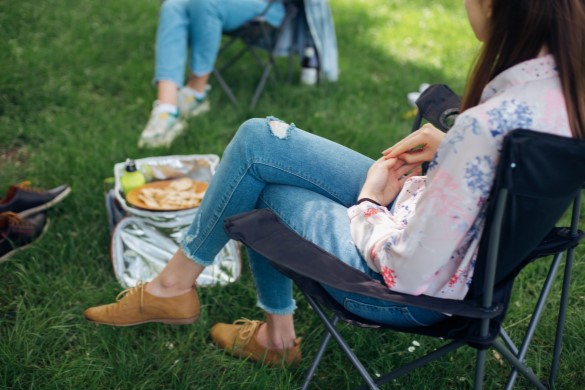
From today, 29 March, there are some changes to national restrictions in England in line with the UK Government’s roadmap out of lockdown. We have summarised the changes below:
Changes to social contact
Outdoor gatherings in places including parks and private gardens, of either six people (the ‘Rule of Six’) or two households are allowed from today. However, it’s important to remember that when meeting with others outside, you should keep a 2m social distance from anyone not in your household or bubble.
Social gatherings indoors are still not allowed under the current rules.
Outdoor sports
Outdoor sports facilities, including tennis and basketball courts, golf courses and open-air swimming pools, are also allowed to reopen, and people will be able to take part in formally organised outdoor sports.
At the University, some outdoor clubs based at local clubs (Rowing, Windsurfing, Sailing, Golf for example) may start sometime after Monday, 29 March. You can check reopening dates here: https://www.liverpool.ac.uk/sports/sports-clubs/
AU clubs will resume outdoor training at our sites at the beginning of the summer term on Monday, 12 April. We will, of course, continue to be guided by the Government and National Governing Bodies of Sport regarding a safe return to play for all our clubs.
British University and Colleges Sport (BUCS) are looking to October 2021 for a full resumption of inter-university sport. It is hoped that BUCS cricket fixtures may take place from late April 2021 as well as local fixtures in some other sports.
Changes to travel guidance
The ‘stay at home’ rule will end in England on 29 March but many restrictions will remain in place and the UK Government are advising to limit travel wherever possible. You should continue to work from home where you can and minimise your number of journeys where possible, avoiding travel at the busiest times and routes.
When travelling make sure to follow these Government guidelines, which include:
- No matter how you travel, you should plan ahead, and avoid busy times and routes where possible.
- Walk or cycle where possible.
- If using public transport, you should regularly sanitise your hands, wear a face covering unless you are exempt, and keep your distance where possible.
- It is a legal requirement that, unless exempt, you must wear a face covering on public transport and inside transport hubs, e.g. train stations. You could be fined £200 minimum if you do not comply.
- If travelling by car, you should avoid sharing a car with anyone outside of your household or support bubble. If this isn’t possible, you should open the windows, wear a face covering unless exempt, and leave seats free to social distance.
Travel abroad will continue to be prohibited, other than for a small number of legally permitted reasons. Holidays abroad are still not allowed, in an effort to manage the risk of new variants.
Easter travel exemption for students
The UK Government has advised students to avoid unnecessary travel and, where possible, to stay in their current address over the break. However, it has been acknowledged that some students may have been in term-time accommodation for many months now, and there may be certain situations where it is necessary to return home, or to an alternative address.
Where this is the case, a travel exemption for students has been announced, which means you can move to one other household for the break, and then return to your term-time address, where needed, following the break.
It is important that you avoid returning to campus unless you are asked to by your department or if you require access to study facilities because you do not have adequate provision where you live.
Travel advice for international students can be found on our international guidance pages.